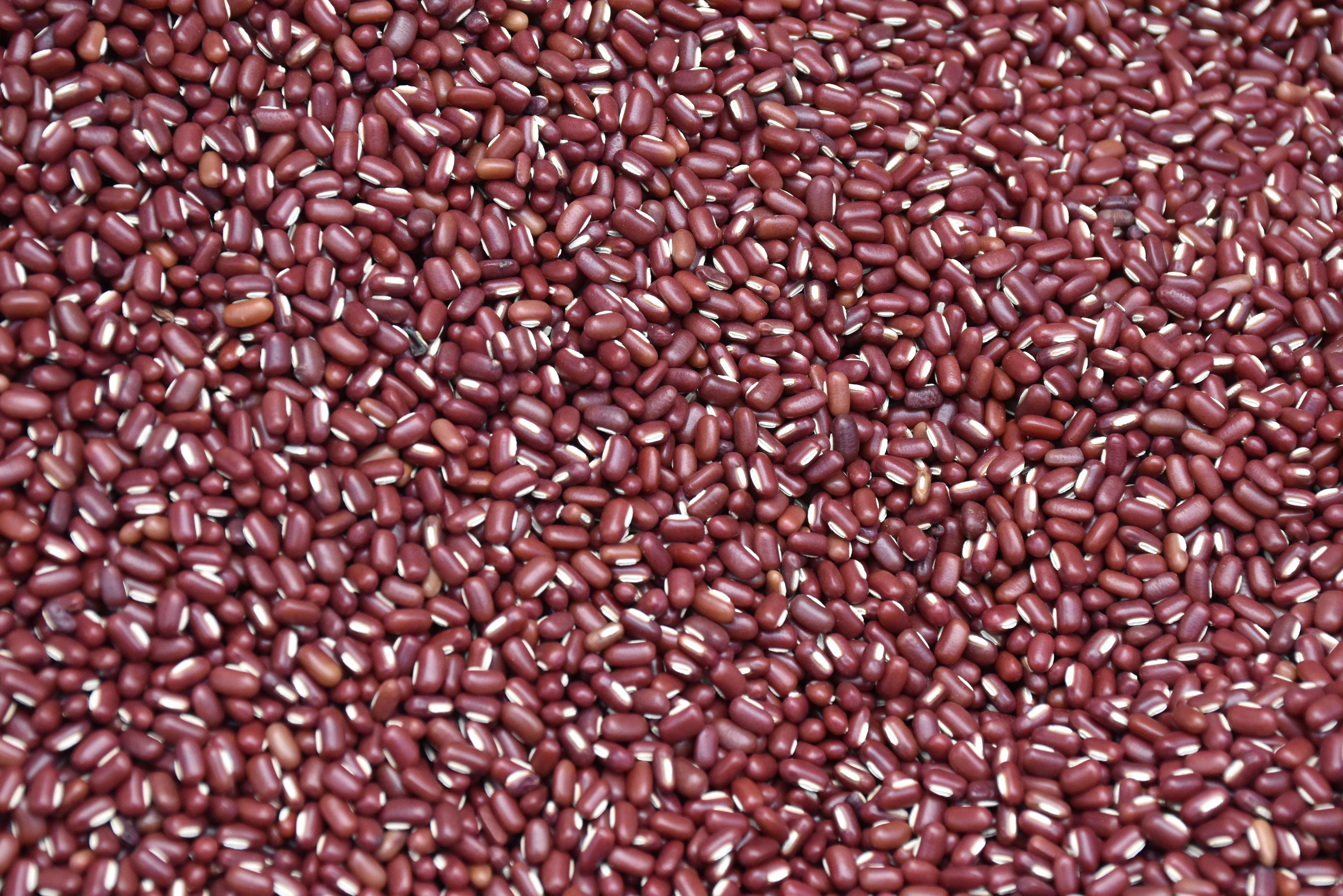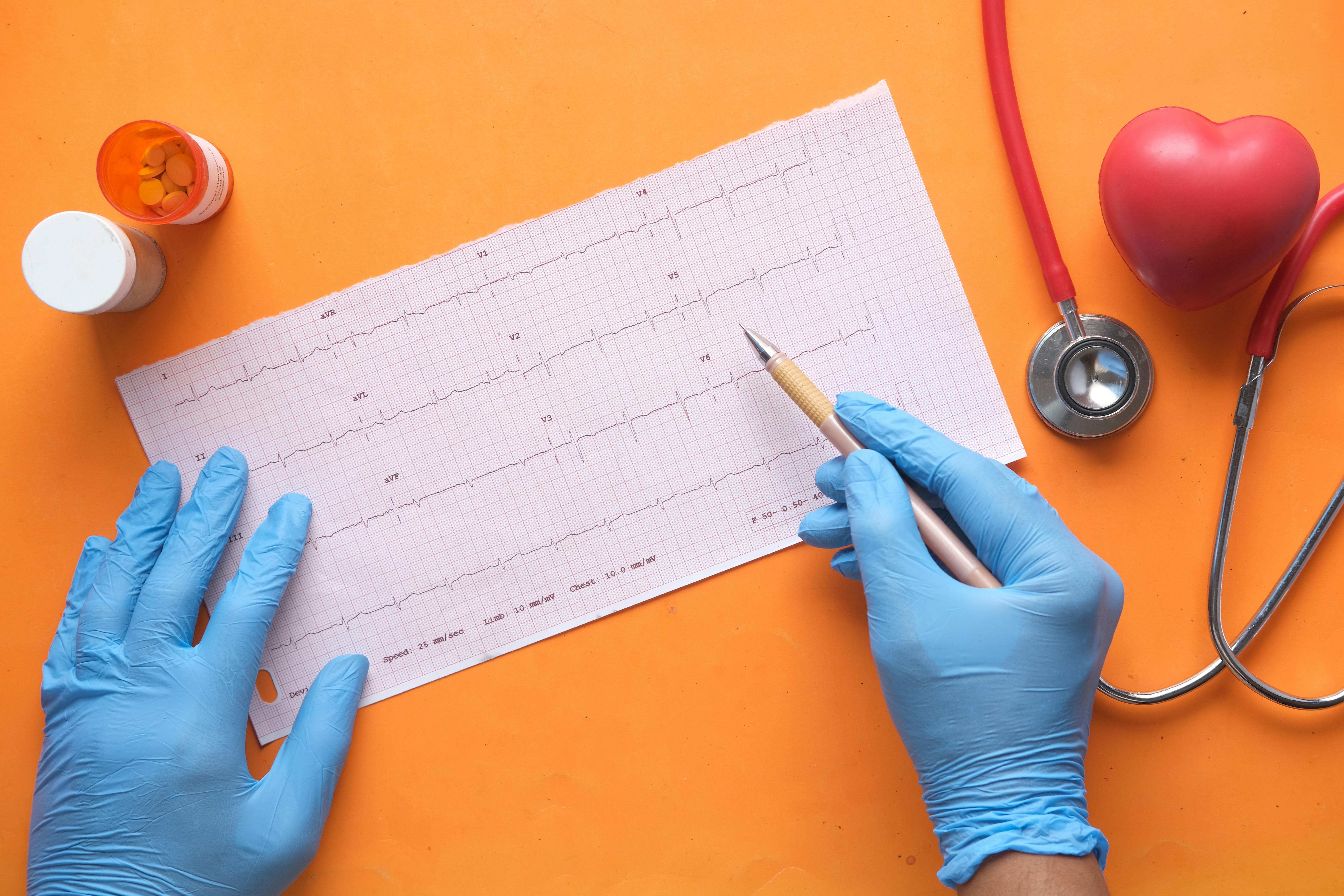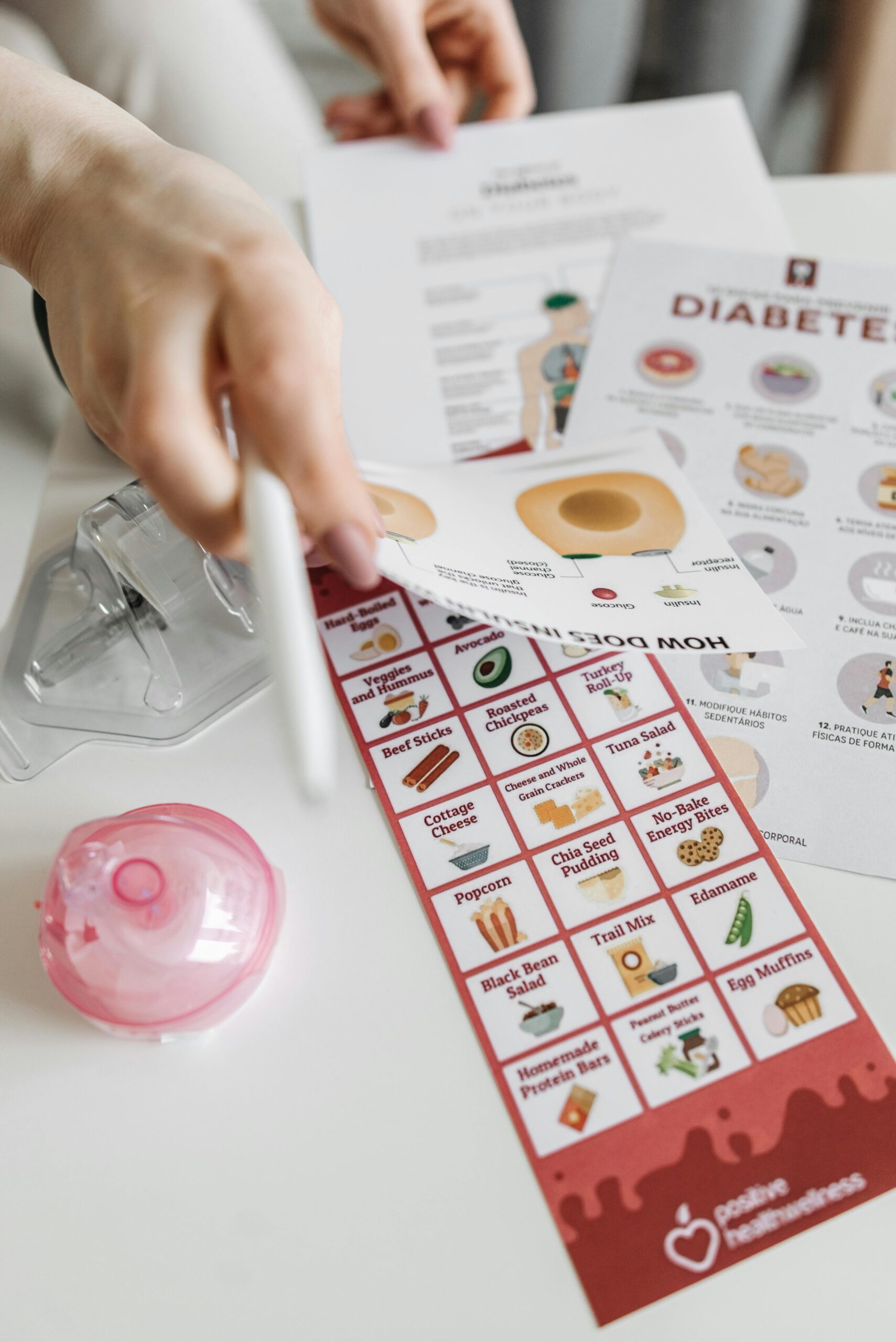Best 5 Dietary Tips for Kidney Patients to Improve Health in 2025
Kidney health is paramount for individuals facing chronic kidney disease or those on dialysis. An appropriate kidney diet plan can play a vital role in managing health, minimizing symptoms, and enhancing overall quality of life. As we advance into 2025, adopting dietary strategies tailored to kidney function becomes increasingly essential. This article explores the best dietary tips for kidney patients and how to incorporate kidney-friendly foods into everyday life.
By adhering to a renal diet, patients can benefit through improved nutrient balance, better management of potassium, phosphorus, and protein intake, alongside engaging in healthy eating habits that encompass hydration tips and meal planning. Through smart adjustments and informed choices, it’s entirely possible to stay healthy and well-nourished while adhering to the requirements of a kidney-friendly diet.
In this comprehensive guide, we will cover:
- Understanding the renal diet’s foundation
- Essential dietary strategies for kidney patients
- Practical tips for meal planning and grocery shopping
- Healthy cooking methods and options
- Expert recommendations and additional resources
Understanding the Foundation of a Kidney Diet
What is a Kidney Diet?
A kidney diet is designed to support renal function and manage the impacts of kidney disease. Key components include controlling protein intake, managing phosphorus and potassium levels, and ensuring optimal fluid intake. Regular consultation with healthcare professionals can guide dietary modifications suited to individual health conditions, particularly for those undergoing dialysis or dealing with diabetic kidney disease.
Regulation of Nutrients
Effective nutrient regulation involves understanding daily limits for potassium, phosphorus, and protein. Following a diet chart for kidney patients is crucial for maintaining balance. Patients may need to focus on foods that are low in these elements and prepare meals with precision to avoid unintended nutrient overloads.
Importance of Fluid Management
Fluid intake guidelines are crucial for kidney patients, especially those on dialysis. Correct fluid management can prevent complications like swelling and hypertension. Understanding personal hydration needs and recognizing signs of fluid imbalance can help ensure optimal kidney function.
Essential Dietary Strategies for Kidney Patients
Low Protein Diet Considerations
For many kidney patients, particularly those in the earlier stages of kidney disease, following a low protein diet is beneficial. This approach reduces the workload on the kidneys while still providing essential amino acids through high-quality protein sources. Engaging with a renal dietitian for personalized recommendations can make meal planning less daunting.
Incorporating Kidney-Friendly Foods
Choosing kidney-friendly foods means opting for options that are low in sodium, potassium, and phosphorus. Examples of kidney-friendly snacks could include low potassium vegetables like bell peppers, carrots, and cabbage. A focus on high-fiber foods aids digestion and can help manage cholesterol levels.
Managing Electrolyte Levels
Managing electrolyte levels is essential for kidney patients, particularly potassium and phosphorus. Regular monitoring via blood tests can inform dietary choices, help prevent health complications, and guide nutritional planning. Patients should focus on foods rich in healthy fats, low in sodium, and appropriate protein sources while steering clear of processed foods.
Practical Tips for Meal Planning and Grocery Shopping
Effective Grocery Shopping Strategies
When grocery shopping for a renal diet, it is crucial to read nutrition labels carefully. Being able to identify high phosphorus and potassium ingredients can significantly help in making informed choices. Planning meals and snacks ahead of time can streamline shopping and ensure compliance with dietary guidelines.
Meal Prep Ideas for Kidney Health
Meal prepping can ease the stress of daily cooking while ensuring patients have access to healthy options. Preparing kidney-friendly meals in advance can save time and help control nutrient intake effectively. Examples of meal ideas include quinoa bowls loaded with low potassium vegetables, and grilled chicken accompanied by herbs instead of salt.
Snack Options for Kidney Patients
Choosing appropriate snacks is essential in a kidney diet. Kidney-friendly snacks may include unsalted rice cakes, fresh fruit within restrictions, or homemade hummus with low potassium vegetable sticks. Finding healthy snacks that comply with the renal diet can help maintain energy levels between meals.
Healthy Cooking Methods and Options
Cooking Techniques Suitable for Kidney Patients
Adopting suitable cooking methods is vital in preserving the nutritional integrity of prepared foods. Steaming, baking, grilling, or sautéing with healthy fats are excellent ways to enhance flavors without adding unhealthy components. Exploring various herbs can also add flavor without increasing sodium levels.
Adjusting Recipes for Kidney Diet
Many recipes can be adjusted to be renal-friendly. Simple swaps, like using low potassium ingredients or avoiding added salts, can transform traditional meals into suitable options for kidney patients. Consulting renal nutrition guidelines can inspire creative kitchen modifications.
Importance of Cooking Herbs for Flavor
Cooking with herbs and spices can greatly enhance the flavor profile of dishes, minimizing the temptation to use salt. Fresh herbs like parsley, cilantro, and basil provide not only flavor but also various health benefits, making them essential in adapting meals for kidney health.
Expert Recommendations and Additional Resources
Consultation with Dietitians
Regular consultations with renal dietitians are critical for kidney patients. These experts can offer personalized advice based on individual health needs and assist with creating customized meal plans. They can provide a wealth of knowledge on reading labels and understanding food choices that support kidney health.
Community Support for Kidney Health
Engaging with community support systems can empower kidney patients through shared experiences and resources. Local workshops, cooking classes, and support groups can significantly enhance knowledge and motivate dietary compliance.
Tracking Nutritional Intake
Monitoring daily food intake and symptom tracking can provide patients with insights into their health status and dietary effects. Technology can also assist with meal tracking, making it easier for patients to stay on top of their dietary needs.

Conclusion
Adopting the best dietary tips for kidney patients is imperative for maintaining kidney health in 2025 and beyond. By focusing on kidney-friendly foods, managing protein, potassium, and phosphorus levels, and using effective cooking and meal preparation methods, patients can see significant health improvements. Implementing these strategies alongside regular consultations with healthcare professionals will support long-term kidney health and disease management.
For additional resources on kidney diets and meal plans, explore helpful links and further information through this guide and more at DietPro.

